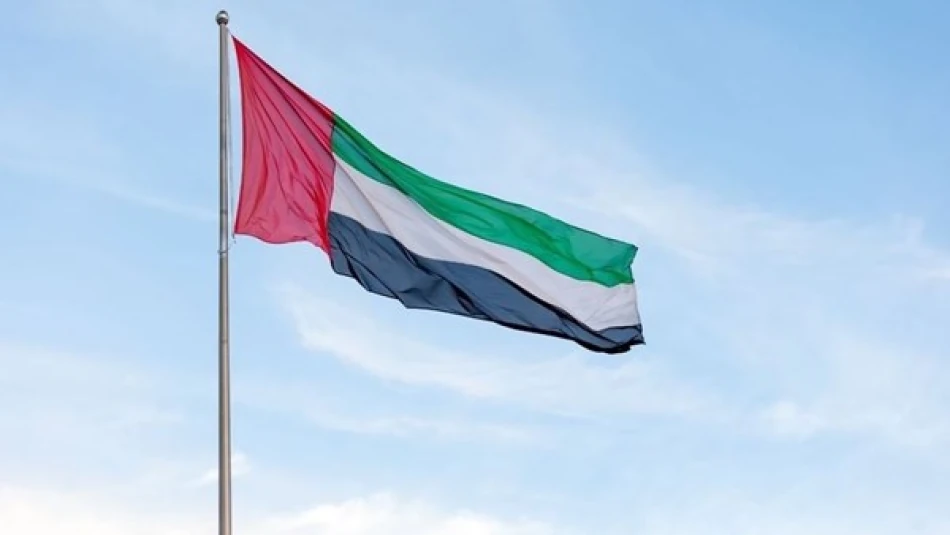
UAE Leaders Express Condolences to Custodian of the Two Holy Mosques on the Passing of Prince Waleed bin Khalid
UAE Rulers Express Condolences Following Death of Saudi Prince Waleed bin Khalid
Five UAE emirate rulers have sent formal condolence messages to Saudi Arabia's King Salman following the death of Prince Waleed bin Khalid bin Talal Al Saud, reflecting the deep diplomatic ties that underpin Gulf regional stability and economic cooperation worth hundreds of billions in cross-border investments.
Coordinated Diplomatic Response Signals Regional Unity
The rulers of Sharjah, Ajman, Fujairah, Umm Al Quwain, and Ras Al Khaimah—five of the UAE's seven emirates—simultaneously dispatched condolence telegrams to King Salman bin Abdulaziz Al Saud. The coordinated response demonstrates the institutional nature of UAE-Saudi relations, extending beyond the federal government in Abu Dhabi to individual emirate leadership.
Crown princes and deputy rulers from the same five emirates also sent parallel messages, creating a comprehensive diplomatic outreach that emphasizes the personal bonds between Gulf royal families.
Beyond Protocol: Economic Stakes in Gulf Relations
While such condolence messages represent standard diplomatic protocol, the timing carries particular significance as Saudi Arabia and the UAE deepen their economic integration. The two kingdoms have launched joint investment funds worth over $20 billion and are coordinating their Vision 2030 and UAE Centennial 2071 development strategies.
For international investors, stable UAE-Saudi relations remain crucial for regional market confidence. Any diplomatic tension between the Gulf's two largest economies can trigger volatility in energy markets, real estate investments, and cross-border trade flows that exceed $25 billion annually.
Royal Family Dynamics and Succession Planning
Prince Waleed bin Khalid's death removes another member of Saudi Arabia's extensive royal family during a period of significant succession planning. While not among the kingdom's most prominent princes, his passing reflects the generational transition occurring across Gulf monarchies as founding-era royals age.
The formal recognition from UAE rulers suggests Prince Waleed maintained meaningful relationships within Gulf royal circles, despite operating outside Saudi Arabia's main power centers. Such cross-border royal networks often facilitate business partnerships and diplomatic coordination that bypass formal government channels.
Institutional Diplomacy in Practice
The multi-emirate response illustrates how the UAE's federal structure enables nuanced diplomacy. Unlike centralized monarchies, the UAE can deploy multiple rulers for relationship management, creating redundant diplomatic channels that strengthen regional ties.
This approach has proven particularly valuable in maintaining Gulf Cooperation Council unity during recent regional disputes, allowing individual emirates to preserve relationships even when federal policy might create tensions.
Most Viewed News

 Layla Al Mansoori
Layla Al Mansoori






